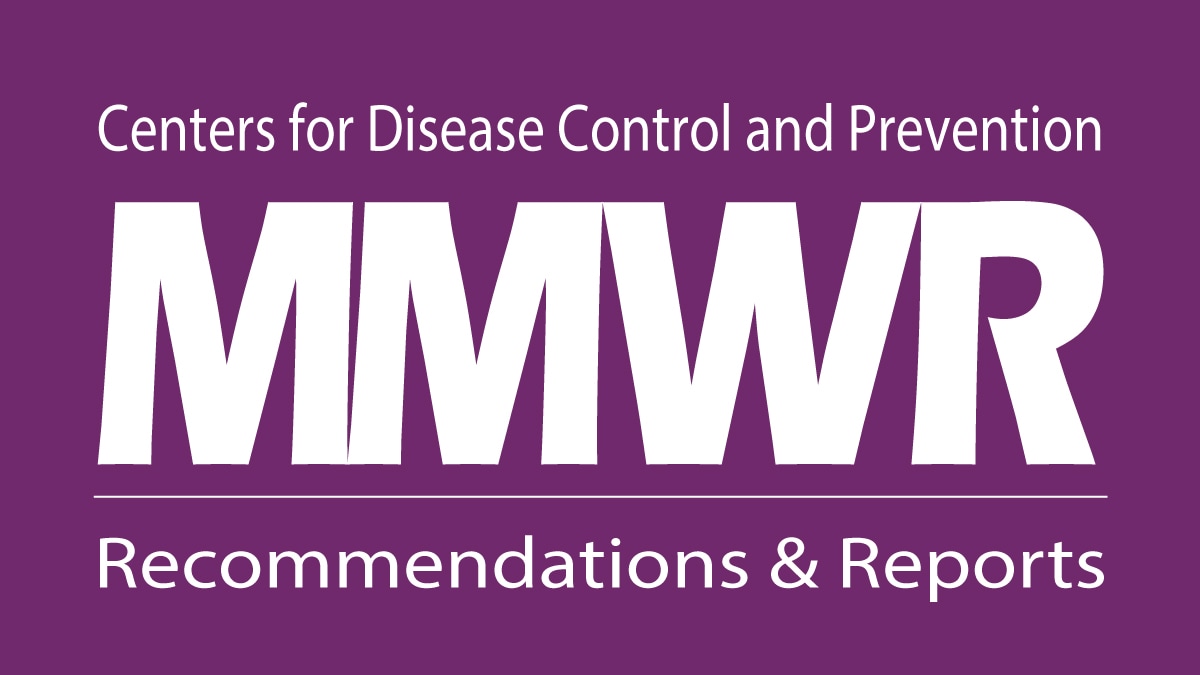Methods
The guidelines were developed by a multidisciplinary work group of CDC staff who are physicians with expertise in infectious diseases, STIs, HIV, and public health. A systematic literature review was conducted to inform the question: Does doxycycline taken after vaginal, anal, or oral sex decrease bacterial STIs (i.e., syphilis, chlamydia, and gonorrhea) compared with not taking doxycycline? Studies published through June 2023 using MEDLINE/PubMed and Embase were included. Studies that met inclusion criteria (i.e., randomized controlled trials, written in English, and evaluated doxy PEP as STI prophylaxis) were given a summary strength of evidence rating using the same approach as the U.S. Department of Health and Human Service’s Panel on Antiretroviral Guidelines for Adults and Adolescents (Table) (12). The Grading of Recommendations, Assessment, Development, and Evaluations evidence-to-decision framework was used to weigh the benefits and harms, values, acceptability, equity, and feasibility. Abstracts presented at major scientific meetings (i.e., Conference on Retroviruses and Opportunistic Infections and the STI and HIV World Congress) also were reviewed. Literature reviews also were conducted to address the question: Does long-term doxycycline use cause substantial harms such as the development of antimicrobial resistant pathogens, and dermatologic, gastrointestinal, neuropsychiatric, and metabolic side effects? Evidence was not graded. Further details regarding search strategies are available
In addition to the literature reviews, the National Association of County and City Health Officials held a virtual 2-day consultation December 5 and 6, 2022, during which multiple experts, stakeholders, and community members discussed doxy PEP, including benefits and potential harms of use. The meeting report (https://www.naccho.org/uploads/downloadable-resources/STI-Post-Exposure-Prophylaxis-with-Doxycycline-Report.pdf) was reviewed by the Doxy PEP Guidelines Development Workgroup, and findings from the consultation were considered during the development of these recommendations. A virtual bioethics consultation took place April 14 and May 1, 2023, and included bioethics experts, academic experts in infectious diseases and health equity, community advocates, and CDC staff. This consultation resulted in a publication (https://journals.lww.com/stdjournal/citation/9900/ethical_considerations_in_implementing_doxycycline.282.aspx), and opinions from individual experts were considered in the development of the guidelines and implementation plans.
Members of the work group provided names of potential reviewers, aiming for diversity of backgrounds and regions in the United States and expertise in infectious diseases, STI and HIV prevention, antimicrobial resistance, and therapeutics. Peer reviewers reviewed draft recommendations, responded to five specific questions, and provided additional comments. Reviewers disclosed any potential conflicts of interest and conflicts, if present, were resolved. The document was posted on October 2, 2023, for 45 days on the federal registry for public comment. Comments from peer reviewers and the public were addressed and the document revised as appropriate. Evidence and feedback were reviewed by the work group, and final recommendations were developed by CDC staff.
In this report, the terms MSM and TGW who have sex with men are used as they were defined by the studies conferring the evidence base for this guidance. However, the language to describe the populations of focus in this guidance conflates both gender identity, sexual orientation, and sexual behavior that might be separate and distinct for certain persons. In addition, the likelihood of infection with a bacterial STI is related to both behavior and the sexual networks within which the behavior occurs.
Getting You Seen Online
Thank You! Source link

